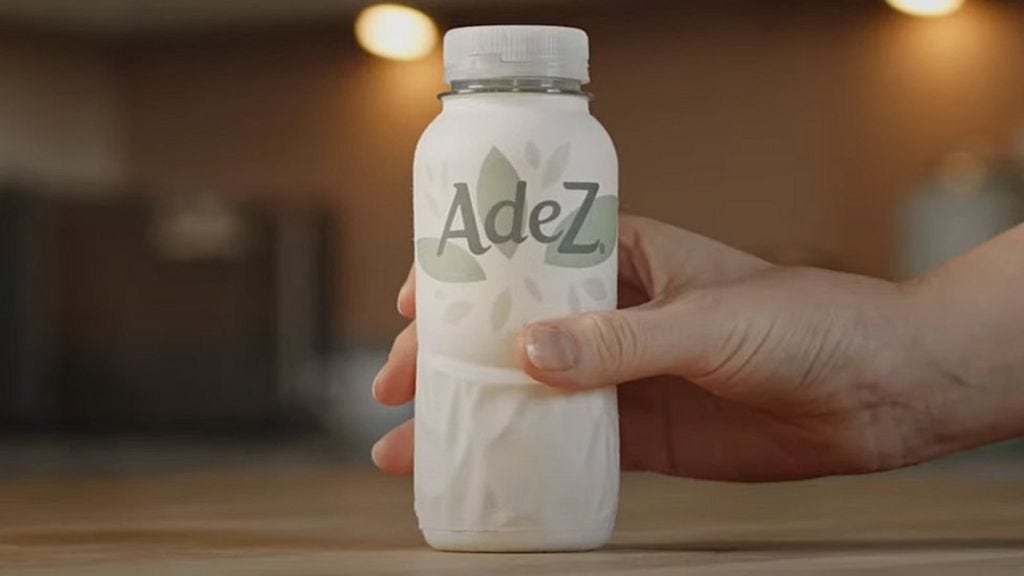Great film on Nzambi Matee’s Gjenge Makers project in Kenya, which produces sustainable low-cost construction materials made of recycled plastic waste and sand. She is one of the recipients of the United Nations Environment Programme’s Young Champions of the Earth prize.
Design Week reports on a lockdown-and-Brexit-induced shortage of cardboard and its effect on packaging design. Studios such as Seymourpowell and Echo report on their attempts to explore more sustainable or resource-efficient alternative materials, including mycelium, or Graspap, a paper fibre made from grass. Read the piece here

More from Design Week - Coca-Cola tests paper bottle but is it the answer? The world’s number one plastic polluter (according to Break Free From Plastic) has announced trials of a bottle (shown above) made made by Danish company Paboco, featuring an extra strong paper shell, 100 per cent recycled plastic enclosure and liner inside. Is it more than a PR stunt? Design Week asks whether this really represents progress or whether such ‘complex hybrids’ simply add to our problems. Story here
Meanwhile, The Guardian brings us news of a pilot scheme in Seville which will turn the city’s famous oranges into electricity. The plan is to collect fruit from the city’s orange trees which would otherwise go to waste and use the methane from its fermentation to create clean power for the city’s water plant. Story here
And it also brings new of a new report by campaign group Transport & Environment claiming that fossil fuel cars waste hundreds of times more raw material than their battery electric equivalents. “A calculation of the resources used to make cars relative to their weight shows it is at least 300 times greater for oil-fuelled cars”. Story here
Sir David Attenborough’s speech to the UN Security Council on climate and security was everything you would hope it would be!
Kate Raworth talks Doughnut Economics on Mary Portas’s podcast, The Kindness Economy. Listen here

